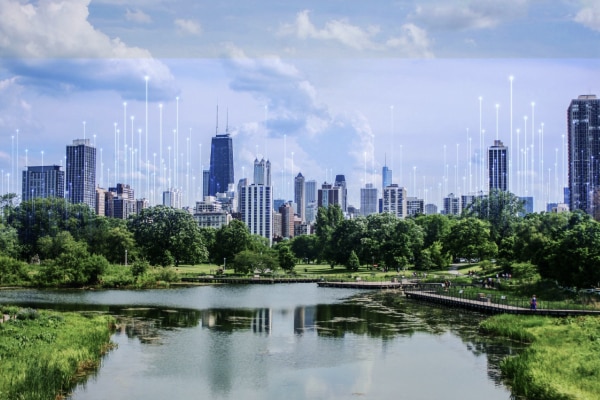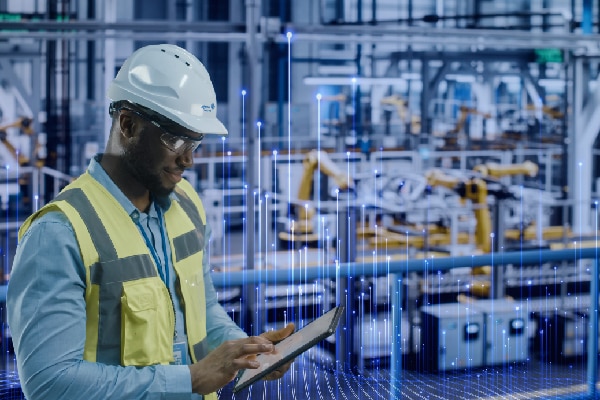Artificial Intelligence Ethics Principles
Artificial Intelligence: Trust in Johnson Controls
The pace of Artificial Intelligence (AI) is rapidly changing. Though we’ve been in the AI space for some time, with the AI-driven OpenBlue, we know it’s now becoming part of all our lives. Along the way, we’ve formed core AI principles to align with the wider enterprise. Most of them are applied in our daily decisions while some new principles will be implemented over time. Naturally, as AI evolves, our principles will too.
You can trust that we’ll use these principles as guideposts in the development of our products, services and solutions.

Fairness and inclusion
We’ll develop and use AI in a manner that minimizes the creation or reinforcement of unfair, biased and discriminatory impacts
Our transparent AI development processes will prioritize fairness. We’ll endeavor to use training datasets that reflect the diversity of society to eliminate algorithmic bias that places unprivileged and underrepresented groups at systematic disadvantage. We’ll judge fairness based on the same standards as decision-making processes by humans and work to detect and eliminate fairness-related harm within our AI.
Privacy by design
We’ll develop and use AI within a privacy by design framework
Privacy should be built into systems and processes from the outset. We’ll develop and use AI with appropriate privacy functionality and controls. We’ll endeavor to build privacy-respecting human values into non-human systems and to apply design functionality so that personal information is used only as required for the function of the system. Where appropriate, we’ll also anonymize or de-identify personal information before a machine-learning model uses the information.


Robustness, safety and security
We’ll apply strong testing, safety and security practices to minimize unintended results or outputs from our AI systems and to include appropriate human oversight capabilities
We’ll develop AI using our secure product development lifecycle process. We’ll regularly test and maintain our AI systems with the goal of ensuring that they operate reliably, safely and consistently under normal circumstances and in unexpected conditions. We’ll share relevant information about inherent limitations and error rates of the system with users of our AI systems for mitigating actions when appropriate.
We’ll develop our AI so that systems can make decisions autonomously only if they operate within the basis of clearly defined principles. This will limit their decision-making powers and help ensure the safety of our users, employees, partners and other stakeholders.
Accountability
We’ll be accountable for how our AI systems impact the world
Our Enterprise AI Council is responsible for ensuring our businesses comply with these principles. We’ll regularly audit our compliance with our AI standards. We’ll design our products to ensure that humans maintain appropriate control or monitoring over autonomous systems. The level of human-control for a use case will depend on (i) the degree of autonomy of the AI and (ii) the criticality of the AI deployment. We’ll offer tools and resources to help our partners and customers also be accountable for their deployment and use of our AI.


Transparency
We’ll be clear about when, why and how we deploy our AI systems and will help our customers and partners do the same
We believe that transparency increases trust and confidence in our AI systems. When appropriate, we’ll provide users with information and training related to the enterprise use of an AI system, the intended purpose of such AI system, and the types of data used by the AI system.
For AI models whose outcomes may materially affect the rights or safety of persons, we’ll generate AI model cards that provide developers, users and other stakeholders of our AI systems information about the development and deployment of various AI models.
The model cards will give a useful, non-technical explanation of the behavior of our AI systems and their components. Stakeholders can then comprehend how and why they function and can identify and mitigate potential safety, privacy, bias or other issues.
Sustainability
We’ll develop AI with sustainability as a focal point to help buildings and communities become more sustainable
We’ll lead the development of AI to help make buildings more sustainable. Many of our hardware offerings (from energy-efficient chillers) to advanced software (e.g., OpenBlue Central Utility Plant) are already helping some of the largest and most complex buildings in the world be more sustainable.
While evaluating AI vendors and partners, we’ll also consider their respect for the environment and for sustainability concerns.






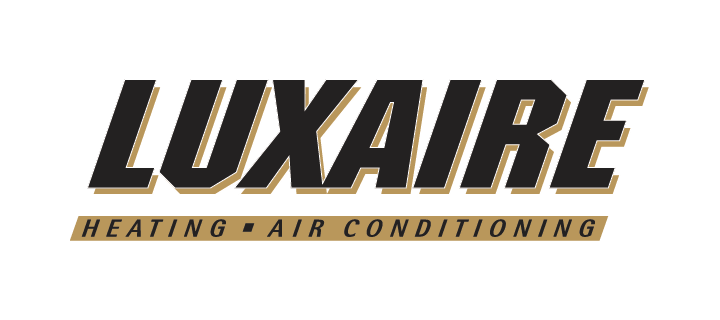


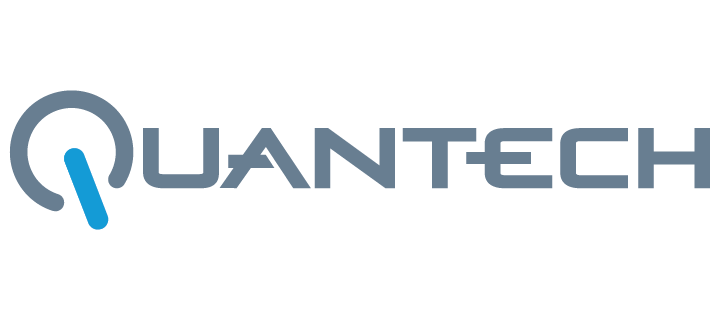
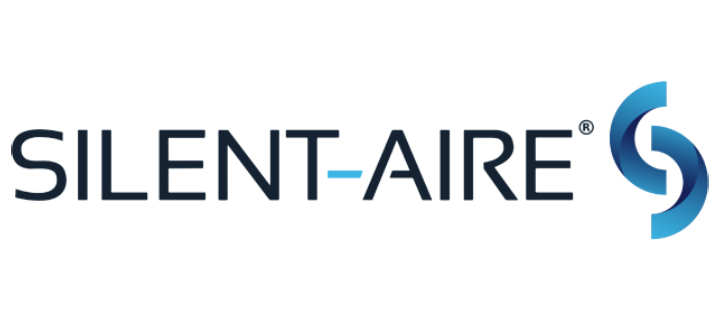
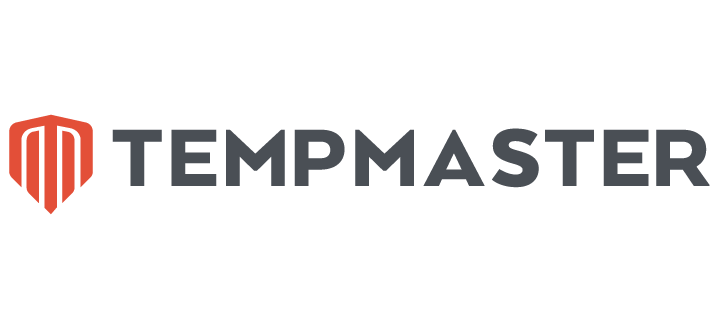

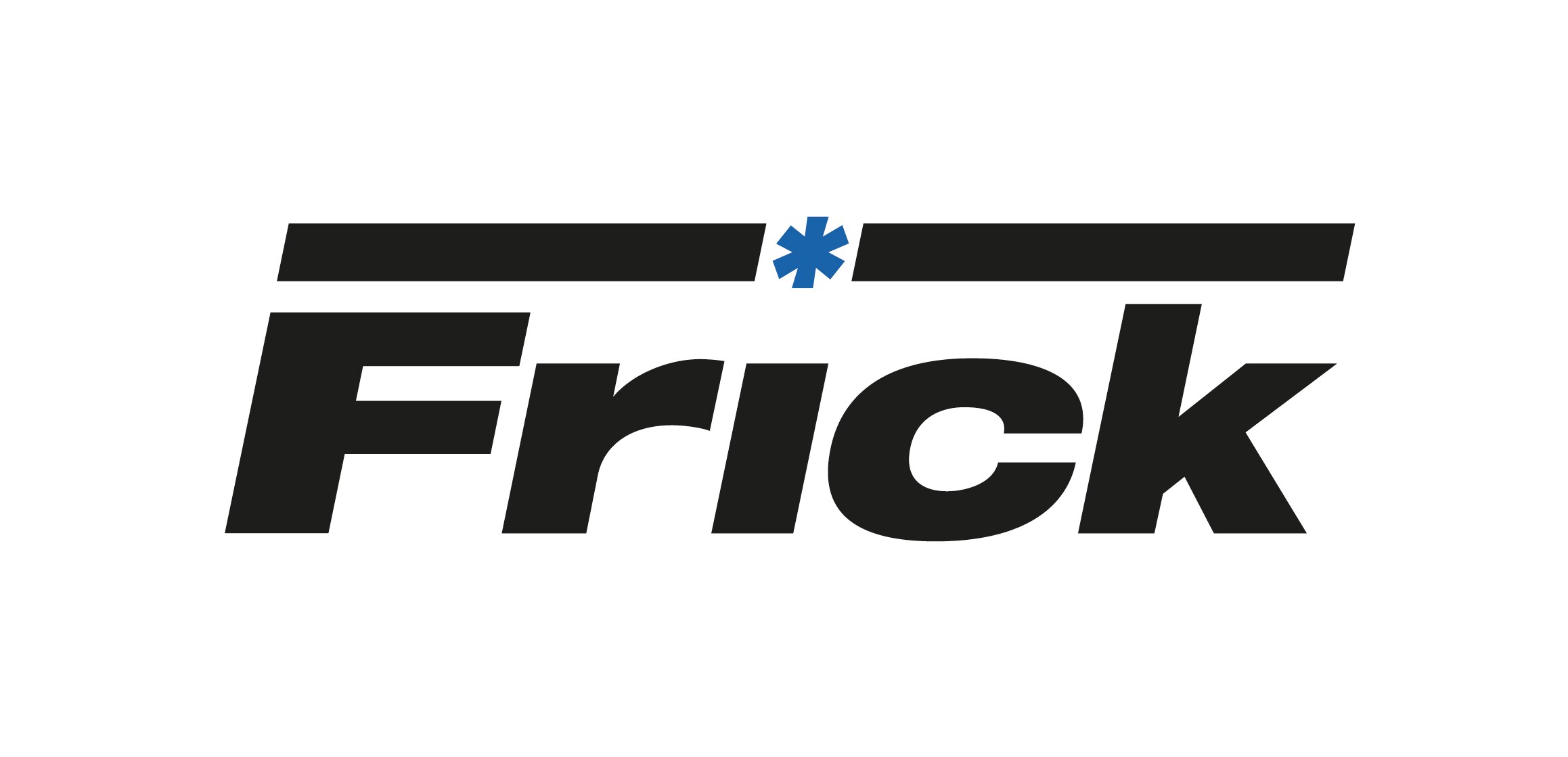
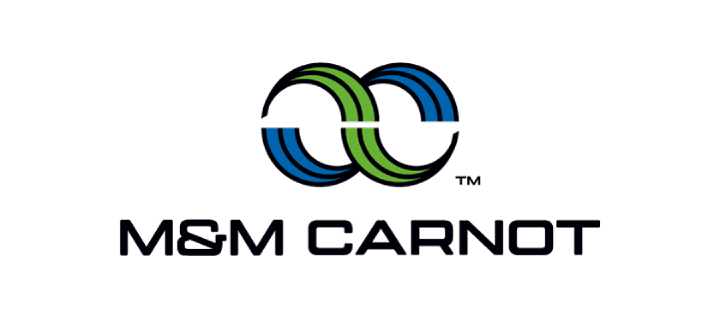

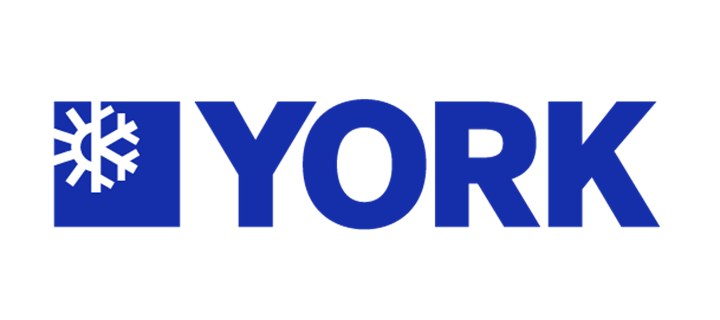
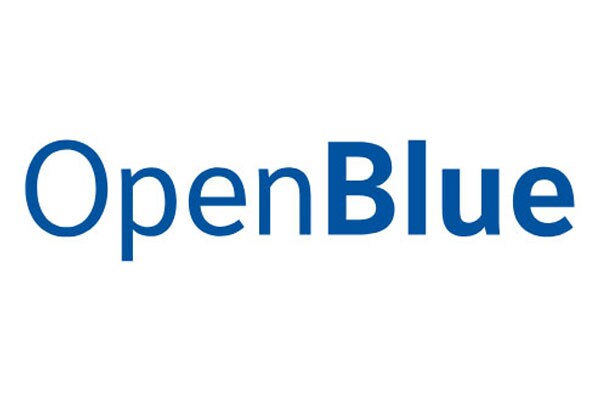
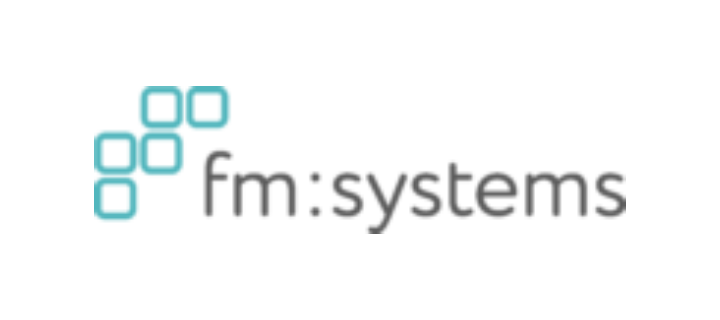




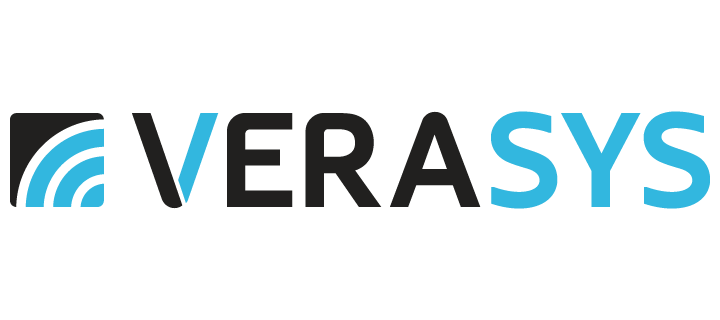



.jpg?la=en&h=320&w=720&hash=244C75B74F0F77521D56164450973BCD)
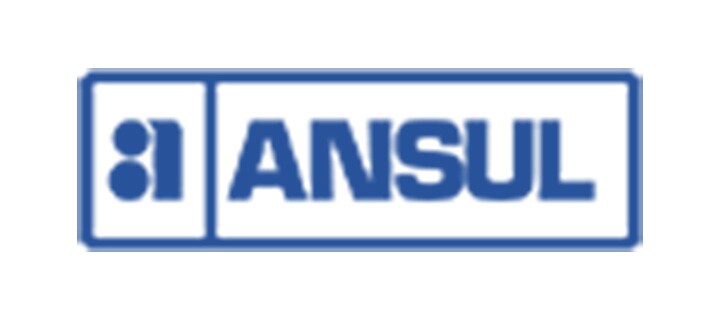
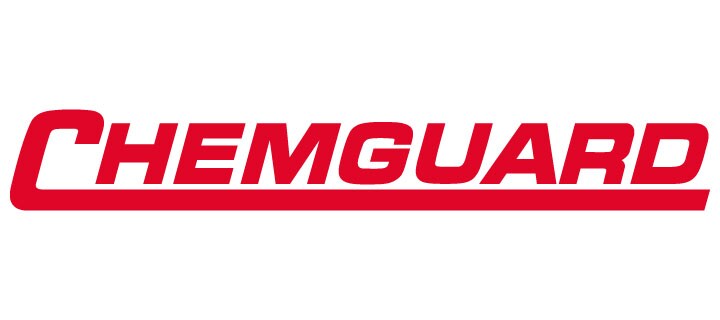
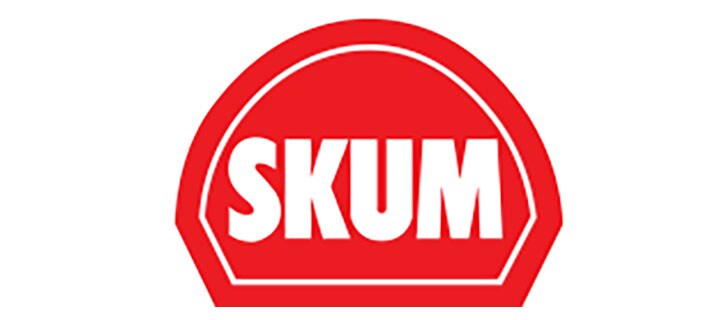


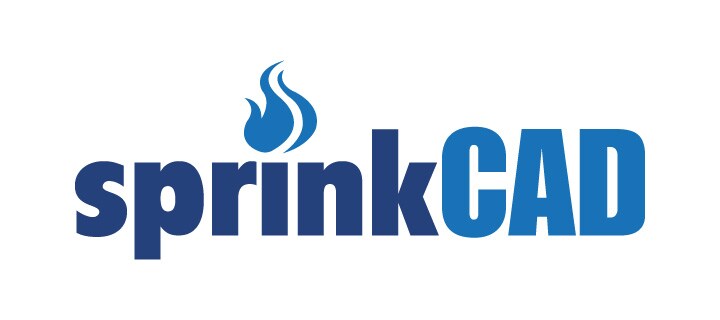
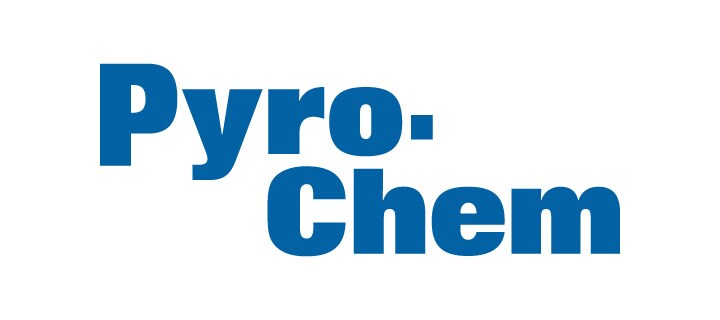
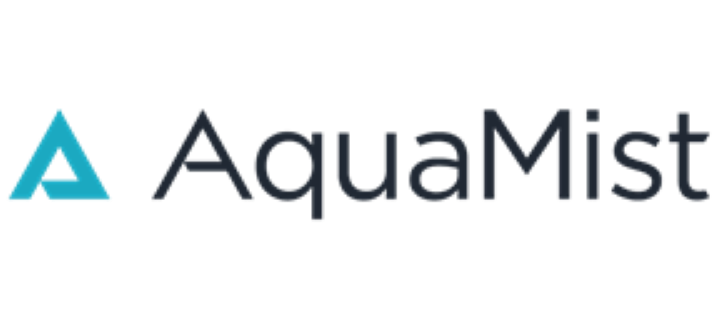







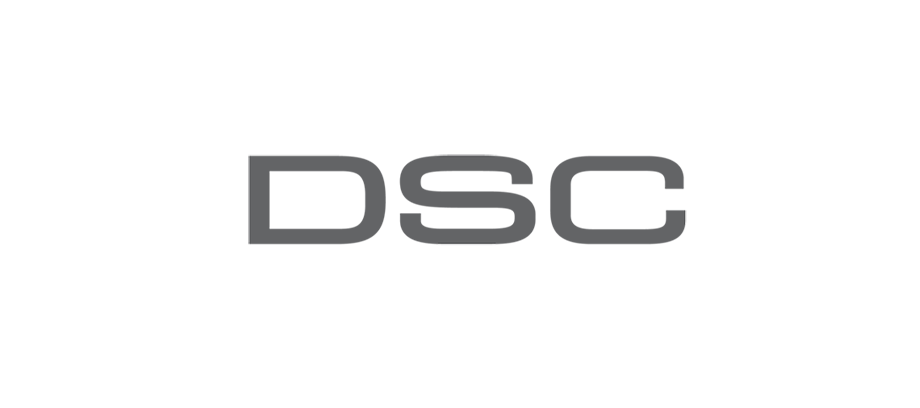




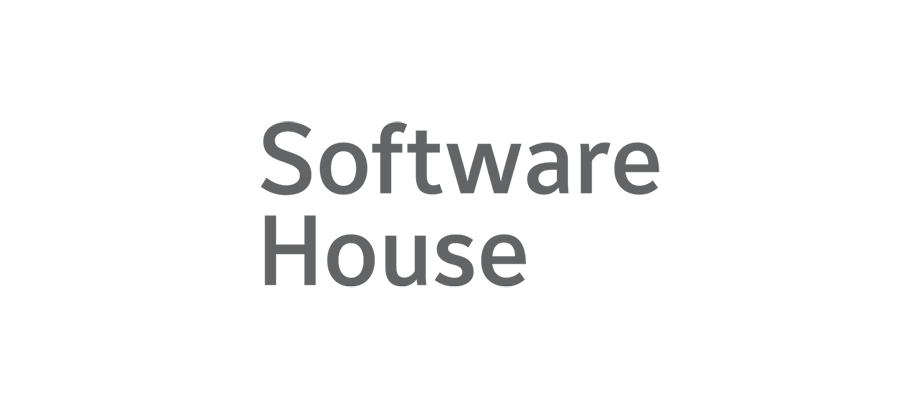

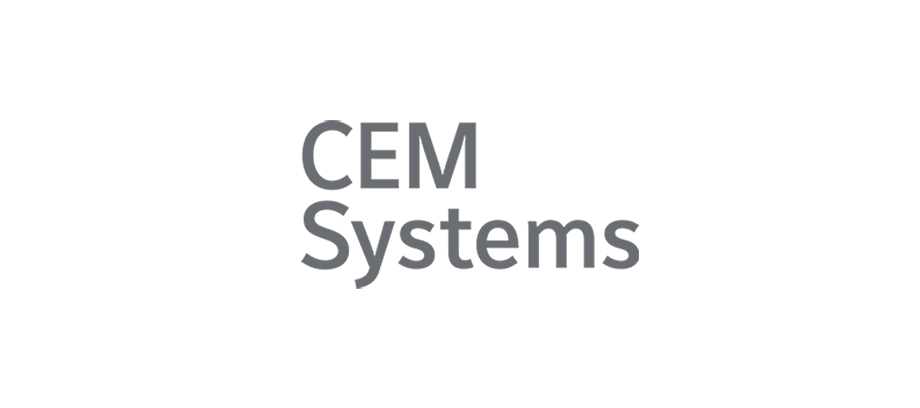





.png)
